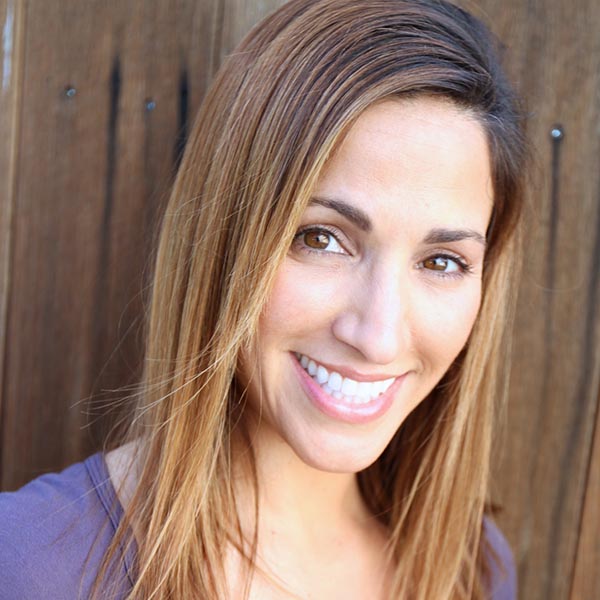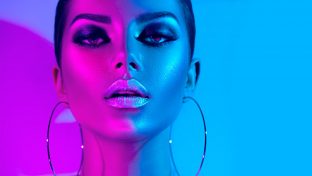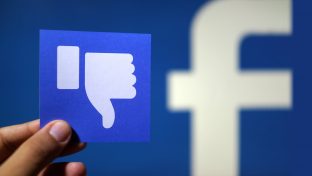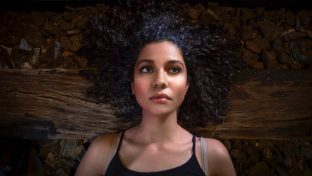What Is Pretty Privilege: A Personal Perspective From Hollywood
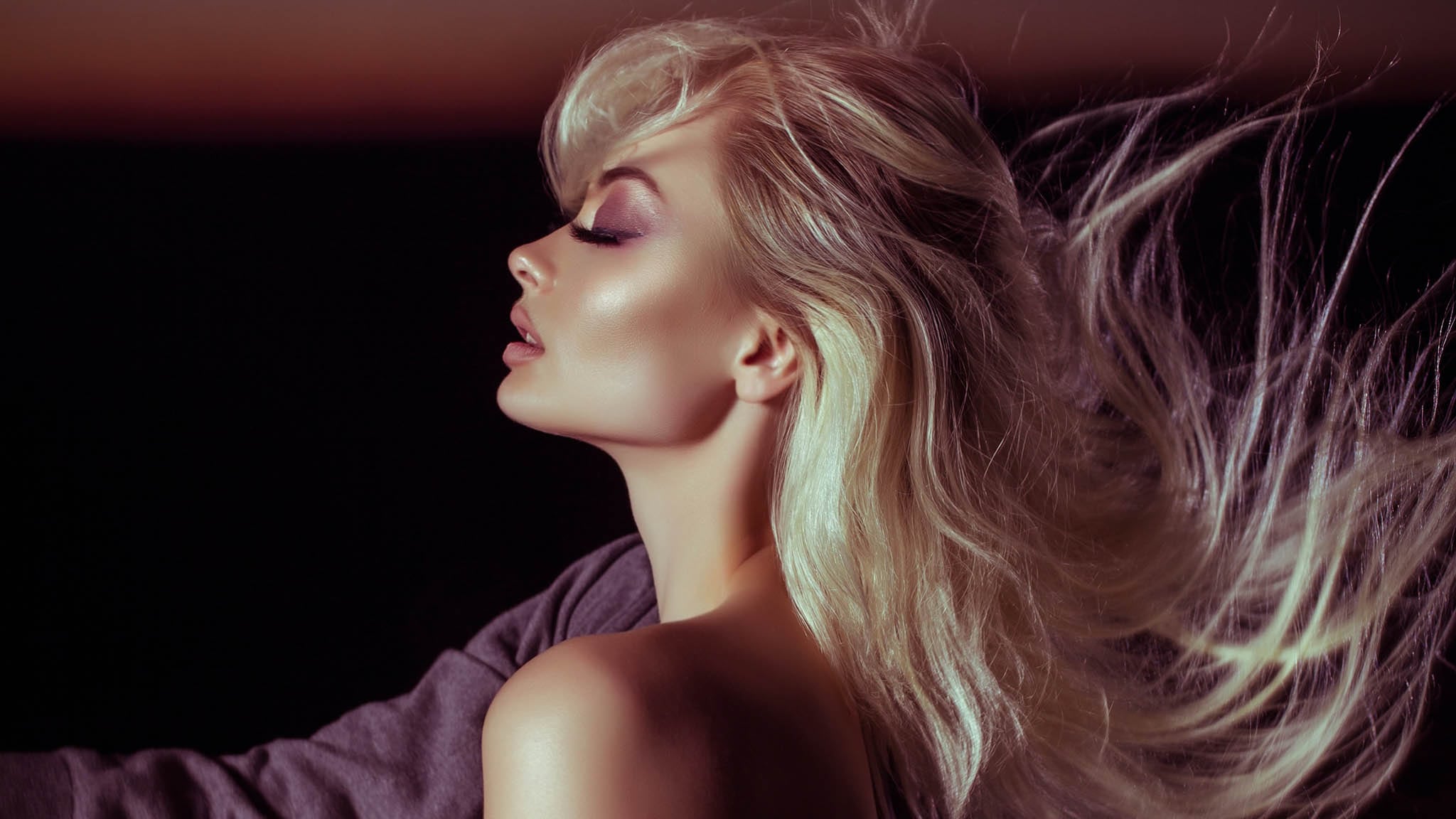
I work in Hollywood, where prom kings and queens continue their reign long after high school is over.
They eventually migrate to greener pastures in search of fame and fortune, finding their way onto the big screen for the world to worship.
(Come out and visit sometime — you can watch them in their natural habitat.)
The concept of pretty privilege isn’t something new, nor is it unique to Southern California. Growing up, the popular kids were always considered the most attractive, the smartest, the “best” at everything.
Even if they weren’t earning those accolades through their behavior — or skill.
If they held onto their looks into adulthood, the cycle simply continued. If not…well, that’s what plastic surgery is for.
It’s no secret that there is a privilege that comes with beauty, one that extends far beyond the gilded stars of the Hollywood Walk of Fame.
But there’s a pressure associated with it, too. And we need to do something about it.
In this article, I’ll cover:
Editor’s Note: This article is part of The Roots Of Loneliness Project, the first-of-its-kind resource that comprehensively explores the phenomenon of loneliness and over 100 types we might experience during our lives.
What Is Pretty Privilege?
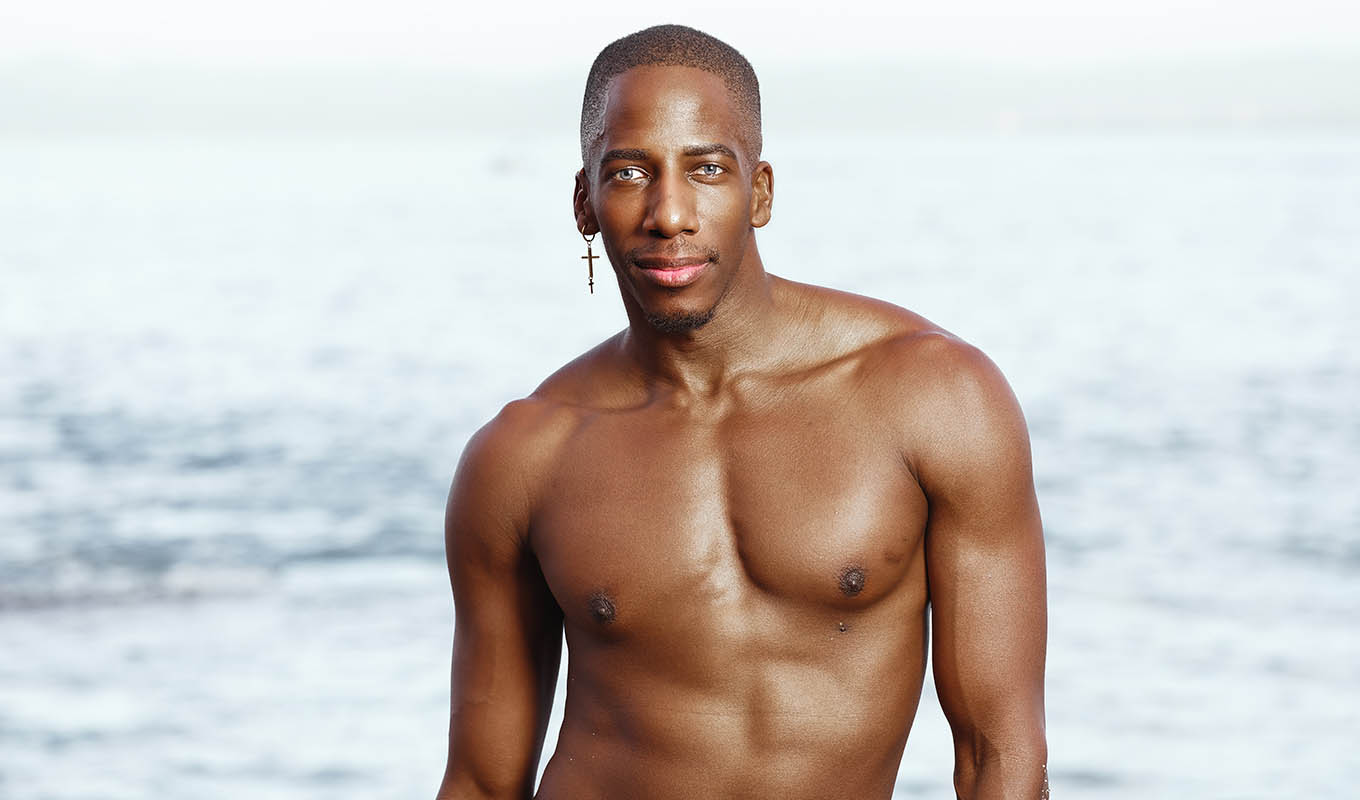
Pretty privilege, also referred to as beauty bias or beauty privilege, is the theory that people who are considered the most attractive based on societal beauty standards are given more opportunities, unearned advantages, and better treatment compared to average-looking people.
They are what the kids call “hashtag blessed.”
#blessed!
You might be wondering to yourself, “Why does this happen? Haven’t we, as a relatively intelligent species, evolved to look past a book’s cover and only care about what’s on the inside? Aren’t we ‘better’ than that?”
Nope. We aren’t.
Many studies have shown that attractive folks receive lots of advantages over average-looking people as a result of pretty privilege — in just about every facet of their lives:
- Attractive people get more attention and receive higher grades in school.
- Good-looking people get more interviews for jobs, and once they get those jobs, they earn more than their less-attractive co-workers.
- Women who wear makeup are seen as more attractive, competent, and likable.
- Attractive real estate brokers make more than their colleagues.
- Even people who break the law receive milder sentences if they’re considered to be attractive!
Recently, the topic of pretty privilege has been trending on TikTok, with a slew of attractive women sharing all of the perks they’ve received because of the way they look — including gifts and even expensive concert tickets from strangers.
At the same time, it’s not all it’s cracked up to be.
As we talked about in another article, women who are attractive can be shunned by members of their own gender, simply because they’re attractive, and often feel incredibly lonely.
It cuts both ways.
Beauty has a number of social advantages but it can also come with economic advantages, as well. Pulchronomics, which is a term coined by Daniel Hamermesh to describe the economics of beauty, studies the relationship between beauty and overall success in work and earning potential.
He found that people who are perceived as attractive may earn 3-4% more money over their lifetimes, versus those who are perceived as having below-average attractiveness.
Depending on an attractive person’s wage or yearly salary, that may add up to more than $230,000 over the course of their lifetimes. He also found that even average-looking people enjoy monetary benefits because of their appearance, earning $140,000 or more above their “ugly” coworkers throughout their working careers.
According to a study done by Erik Postma, attractive people may also have more physical endurance. His study involved 80 photographs of cyclists who participated in the 2012 Tour de France, taken the day before the race.
Those who took part in the study (72% of respondents were women) rated each headshot on a scale of 1 to 5 and were also asked to score each rider’s masculinity and likeability.
Performance-wise, the top 10% were rated 25% more attractive than the bottom 10% of cyclists in that race. Erik notes that this may be the result of a variety of factors, including ties between attractiveness and general health or natural selection.
That said, there may or may not be a definitive link between attractiveness and athletic performance.
A closer look at several studies on this topic have yielded mixed results and further studies are needed to show if there is indeed a clear evolutionary connection between one’s appearance and their athletic performance.
In the realm of romance, however, attractive people are more highly sought after for romantic relationships.
(If you’re tempted to yell out a very loud “DUH!” at that piece of information, I’m right there with you.)
In one study, 92% of men and 84% of women stated that good looks were desirable or essential when seeking out a potential long-term partner.
Attractiveness can also result in fewer guilty convictions and more lenient recommended punishment — and occasionally even land you on a modeling runway once your sentence has ended.
(If you’re pretty and you know it, please don’t test this out. Orange is not the new black!)
Why Is Pretty Privilege Even A Thing?
A cognitive bias called the halo effect is what causes us to make assumptions about folks based on their looks.
Essentially, when someone exhibits one positive characteristic when making a first impression — such as displaying an attractive appearance or a high degree of intelligence — we automatically (and subconsciously!) assume that they have others.
In the case of pretty privilege, the halo effect means that because one is attractive, they must also be smart, athletic, strong, ambitious, interesting, funny, witty, or have any other characteristic that is considered appealing.
Personally, I think it’s also a matter of human nature for the eye to be drawn toward shiny objects. We seek the things that we believe to be beautiful, like moths to a superficial flame.
But what we think is beautiful has, at least in part, been ingrained in us by the standards set by society, often by watching TV, movies, YouTube videos, or even just looking at pictures on the internet or in magazines.
As a woman working in the entertainment business, I have seen firsthand how actresses are cast based entirely on looks. And in a way, it’s sort of inevitable.
When it comes to casting, they’re always looking for a “type.” In fact, actors’ resumes and photos are often grouped that way. A friend of mine took this photo in a casting office:
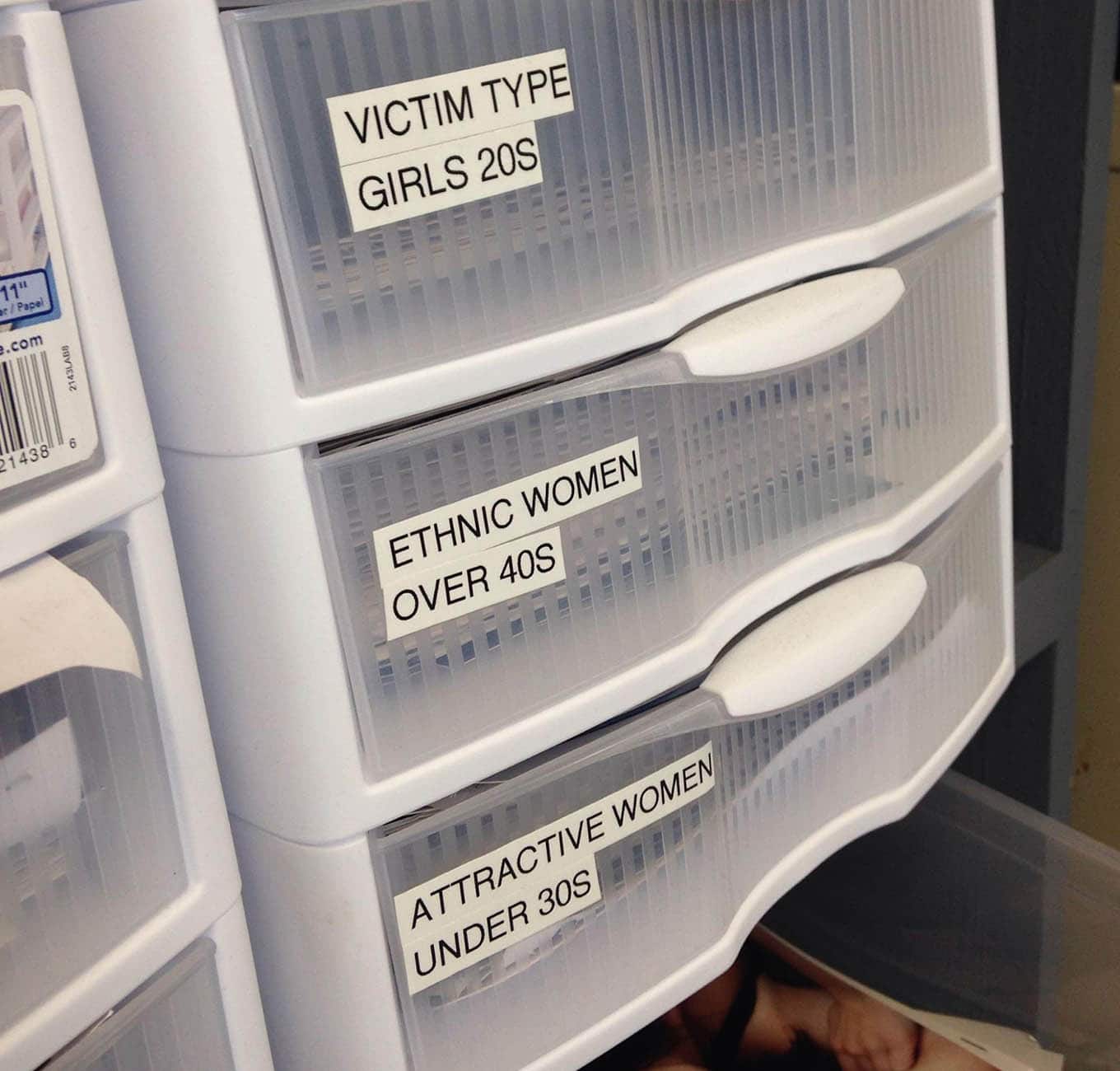
Particularly for women, that type is often “attractive” — it says so, right there on the label.
When you get down to it, though, this is classic Hollywood — a world that was initially run by men perpetuating the male gaze.
Filmmaker and feminist film theorist Laura Mulvey was the origin of the term “male gaze” back in 1973.
Her theory asserts that since men are writing the films, making the films, are cast as the protagonists, and serve as the target audience, all of this influence creates a unified heterosexual male perspective of female characters.
Although more women are writing and producing films and television shows than ever before and they’re doing their best to break those glass ceilings one by one, those expectations are slow to change.
The Pressure To Be Attractive In Hollywood — And The Real World
When I was acting and first starting out in my career, an agent advised me to lose weight and cut my hair. After all, one needs to have the “right” look if they want to make it in Hollywood — let alone anywhere else.
Did I do it? Kind of. I cut my hair because, at the time, I wanted it to look like Drew Barrymore’s.
Did it? Not really. Then again, I’m not Drew Barrymore, so…I was always going to look like me regardless.
But folks are often told to change their looks in extreme ways, just for a chance at making it big on the screen.
They’re told to make themselves more attractive by any means possible and to mold themselves into what sells — no matter how much it hurts or what they have to go through to attain it.
I’ve had friends who were advised to get boob jobs and nose jobs — which involve surgery, I might add — just so they’d be given more opportunities in the business.
But that expectation of attractiveness is what you have to cater to if you play the game.
For instance, auditions will ask for “short skirts” and “lots of cleavage” that highlight your physical assets.
It doesn’t matter if you’re the most brilliant actor in the world. Show up in a pair of jeans and a t-shirt and they’ll show you the door.
This town wants you to be “conventionally” beautiful — whatever that happens to be considered at the moment.
This goes for men, too.
It’s no secret that guys have to maintain sculpted physiques and spend countless hours working out because you just never know when a role is going to require you to take off your shirt — or more — on camera.
I’ve come to realize that you have to have thick skin and really know who you are to avoid succumbing to the pressure of what you think you’re supposed to be.
But the pressure to be attractive — to make yourself a candidate for pretty privilege — isn’t unique to Hollywood.
Online dating — anywhere in the world — is another area where the more attractive you are, the more attention and opportunity you’ll be given.
Want to land a job at Hooters? You’d damned well better fit into that mold (and those shorts!) if you want to stand a chance.
Even the ability to persuade someone to give you a better table at a restaurant or an upgrade on a flight is greatly improved when you’ve got the looks to “deserve” getting those perks.
And it needs to change.
What Can We Do About Pretty Privilege?
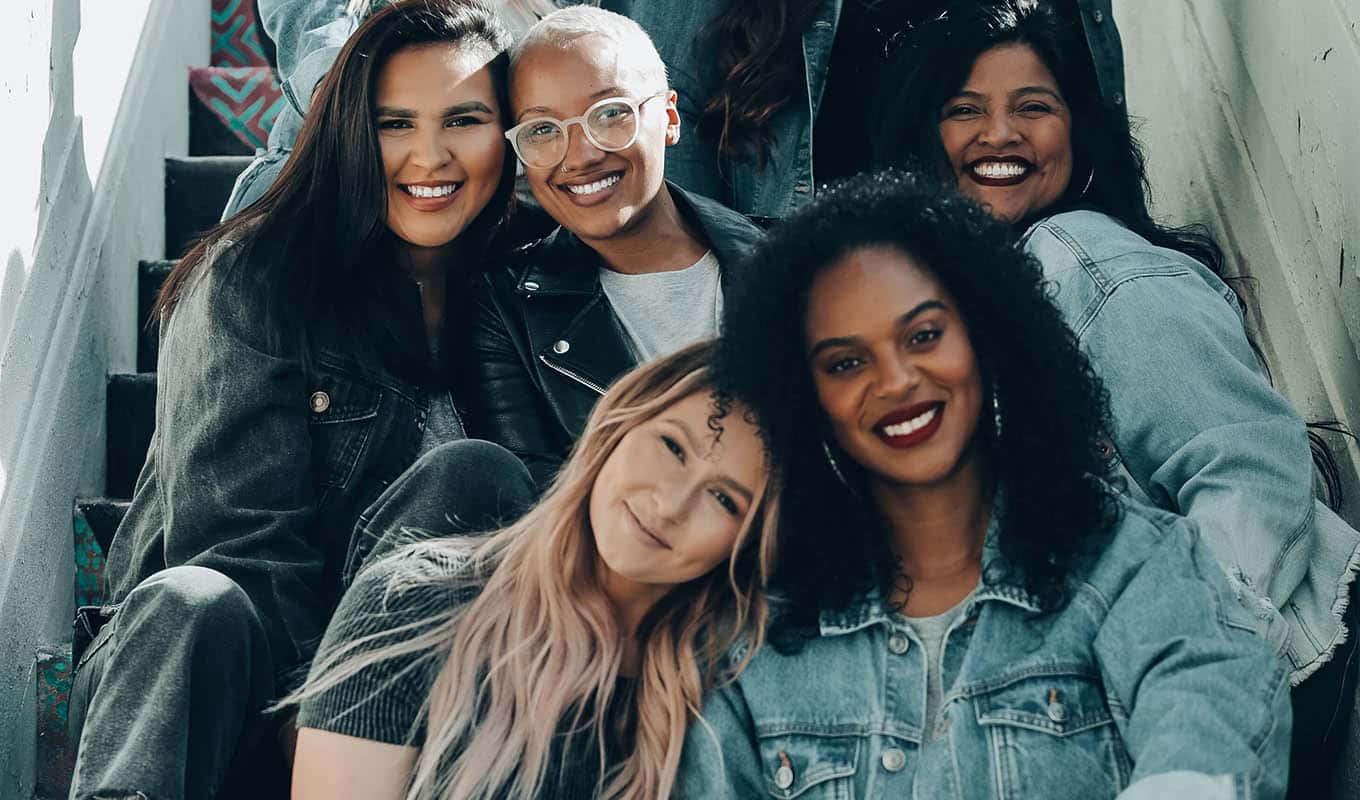
Thankfully, the entertainment industry has begun making small changes (don’t laugh…I said they were small) towards redefining beauty.
Today, we see bodies of all shapes, sizes, and abilities on television, in movies, or being featured in modeling campaigns.
This transition definitely helps to stop the belief that beauty is seen in a single stereotype — you know the one: white, thin, and cis.
But there is more work to do.
- Stop focusing on “perfection” — because it does not exist:
All of us need to watch the emphasis we place on perfection.
We shouldn’t praise people for “Being SO brave, omg!” because they have acne scars and went out in public without wearing makeup.
Similarly, we shouldn’t tell people that we “admire their confidence” because they wore spandex while weighing more than a sack of grain.
You might think you’re being complimentary, but such reactions imply that these perfectly normal physicalities are flaws that should be hidden and shamed or — if shown in the light of day — might even scar our children for life!
(They won’t!)
It should not be considered a “brave” thing to go out into the world looking like a human being because someone’s worth should not be based on their physical appearance.
The average woman owns 40 makeup products and unless you’re a paid influencer or a master at clipping coupons, that stuff doesn’t come for free.
Over the course of her entire life, a woman spends an average of $300,000 on makeup products. The average woman is walking around with $8 worth of stuff on her face, subject to change depending on where she lives.
Right now.
- F*ck the beauty standards:
It’s worth mentioning that beauty standards are in a constant state of evolution — just ask anyone who overplucked their eyebrows when it was all the rage and can no longer grow their own to meet the current “desired look” of fuller brows.
Or the countless women who succumbed to boob jobs in the 90s when Baywatch was at its peak, only to go through a second surgery to remove them once they fell out of fashion.
You do not have to bend or break yourself to conform to today’s beauty standards. Or tomorrow’s, for that matter.
This goes for everyone — regardless of gender. We tend to think of beauty standards as being something that applies to only women, but it doesn’t.
- Be aware of pretty privilege — and do your part:
It’s one thing to understand what pretty privilege is, and quite another to take steps that will counteract it.
The halo effect is a subconscious thing, as we discovered earlier, but being aware of what it is will make it possible for us to recognize that it is happening when it does.
I’m not saying that you should go out of your way to be mean to attractive people — don’t do that — but do be aware of making assumptions about folks because of their looks.
Just because someone is drop-dead gorgeous doesn’t mean they’re smarter, funnier, or worth more than someone who isn’t.
In life, as with books, we all need to look beyond the cover.
In Conclusion
In a perfect world, there would be no privileges.
We need to let go of the idea that being pretty is important and focus on traits that actually matter — like character. Being a good person.
Maybe then we can eradicate the ugliness — and the pressure — that results from pretty privilege.

